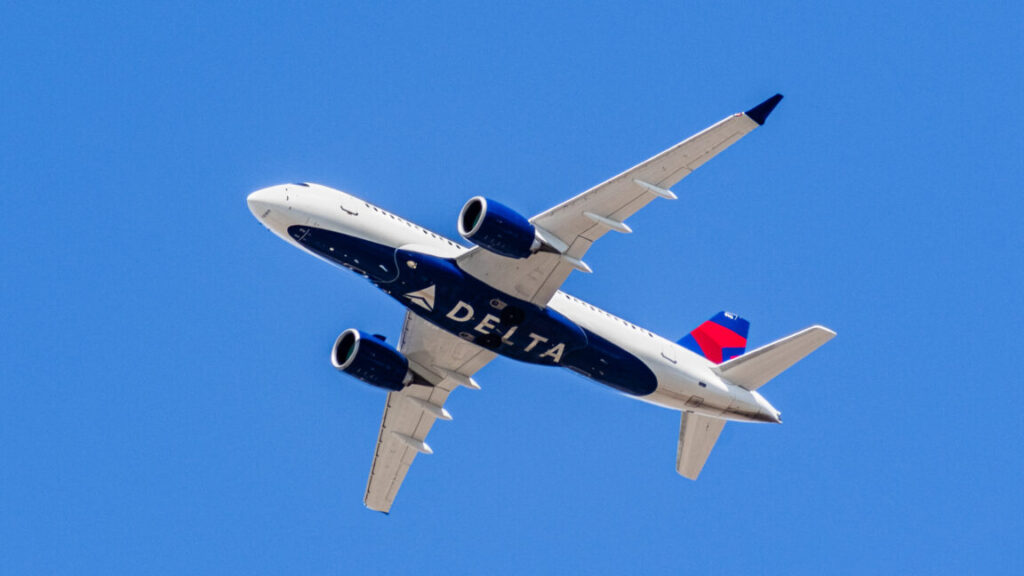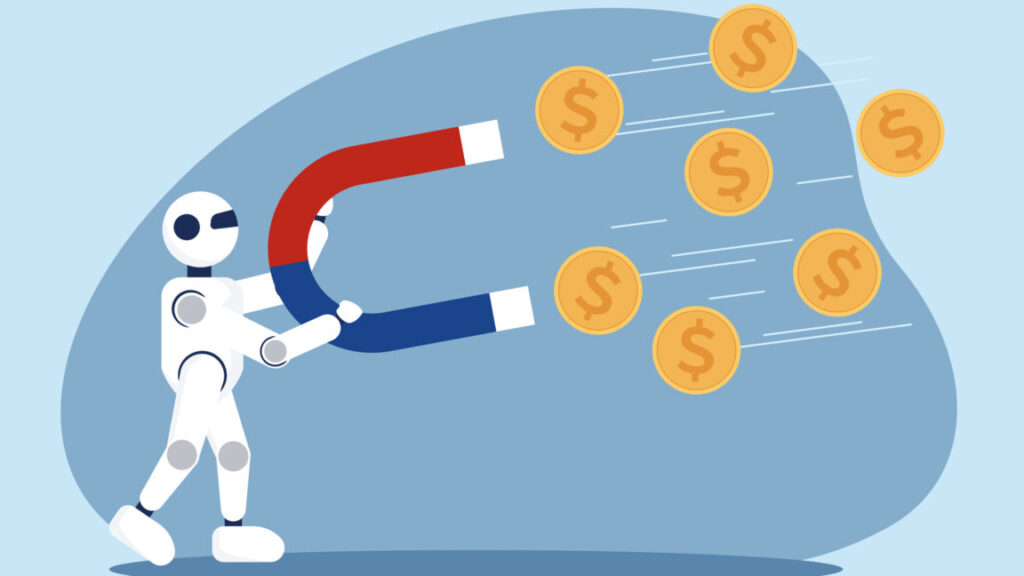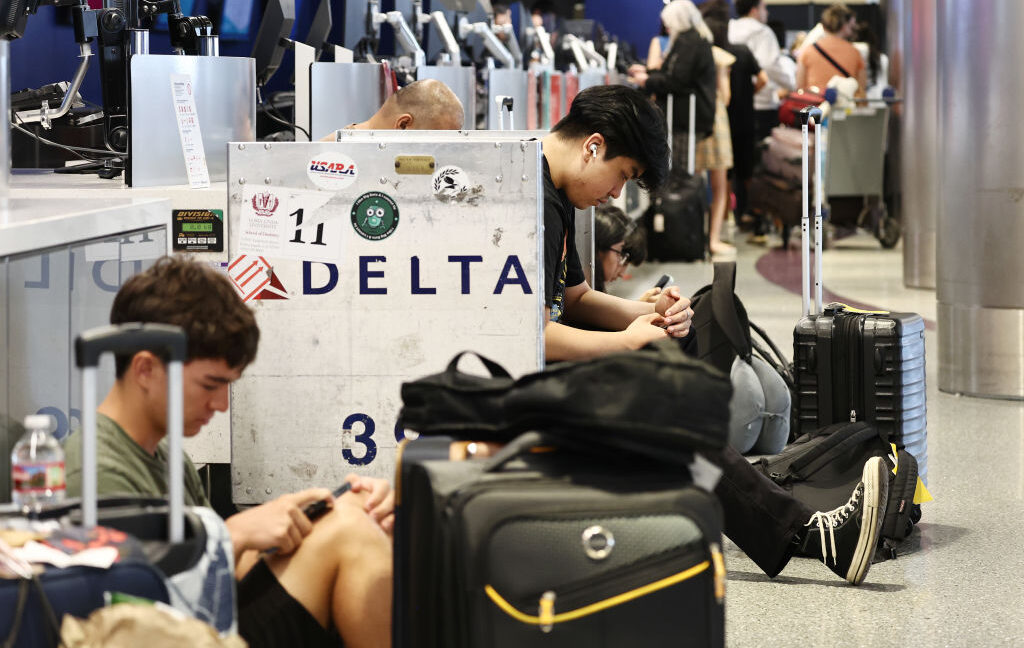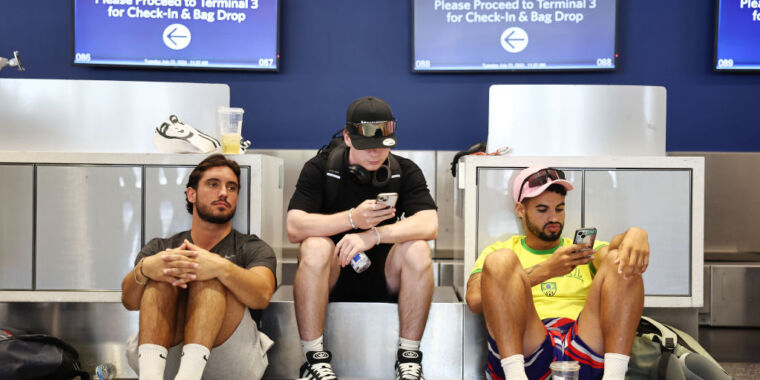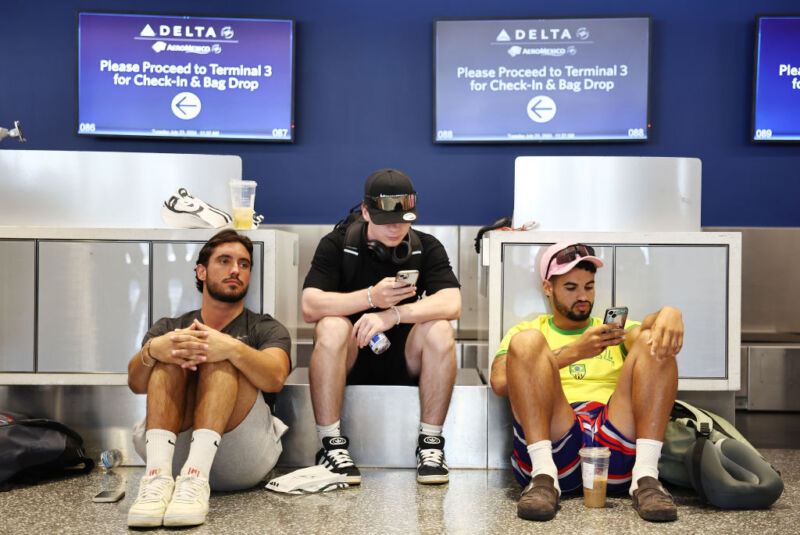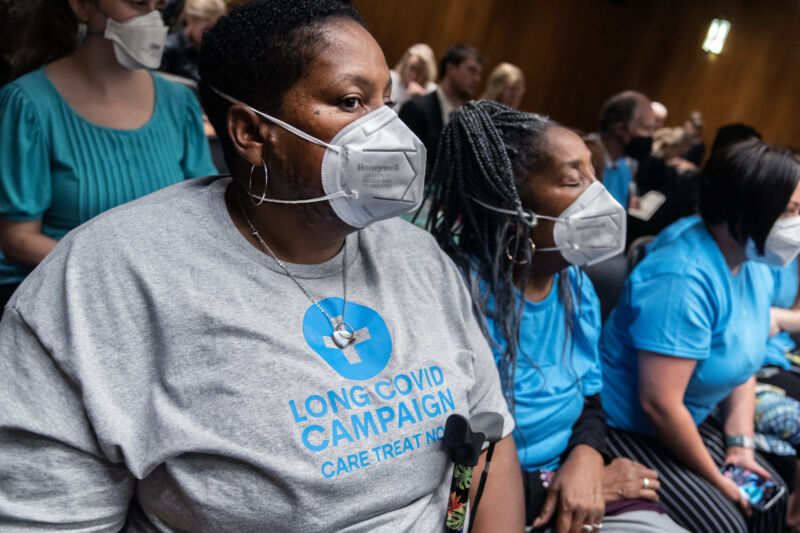Delta denies using AI to come up with inflated, personalized prices
Delta scandal highlights value of transparency
According to Delta, the company has “zero tolerance for discriminatory or predatory pricing” and only feeds its AI system aggregated data “to enhance our existing fare pricing processes.”
Rather than basing fare prices on customers’ personal information, Carter clarified that “all customers have access to the same fares and offers based on objective criteria provided by the customer such as origin and destination, advance purchase, length of stay, refundability, and travel experience selected.”
The AI use can result in higher or lower prices, but not personalized fares for different customers, Carter said. Instead, Delta plans to use AI pricing to “enhance market competitiveness and drive sales, benefiting both our customers and our business.”
Factors weighed by the AI system, Carter explained, include “customer demand for seats and purchasing data at an aggregated level, competitive offers and schedules, route performance, and cost of providing the service inclusive of jet fuel.” That could potentially mean a rival’s promotion or schedule change could trigger the AI system to lower prices to stay competitive, or it might increase prices based on rising fuel costs to help increase revenue or meet business goals.
“Given the tens of millions of fares and hundreds of thousands of routes for sale at any given time, the use of new technology like AI promises to streamline the process by which we analyze existing data and the speed and scale at which we can respond to changing market dynamics,” Carter wrote.
He explained the AI system helps Delta aggregate purchasing data for specific routes and flights, adapt to new market conditions, and factor in “thousands of variables simultaneously.” AI could also eventually be used to assist with crew scheduling, improve flight availability, or help reservation specialists answer complex questions or resolve disputes.
But “to reiterate, prices are not targeted to individual consumers,” Carter emphasized.
Delta further pointed out that the company does not require customers to log in to search for tickets, which means customers can search for flights without sharing any personal information.
For AI companies paying attention to the Delta backlash, there may be a lesson about the value of transparency in Delta’s scandal. Critics noted Delta was among the first to admit it was using AI to influence pricing, but the vague explanation on the earnings call stoked confusion over how, as Delta seemed to drag its feet amid calls by groups like Consumer Watchdog for more transparency.
Delta denies using AI to come up with inflated, personalized prices Read More »
